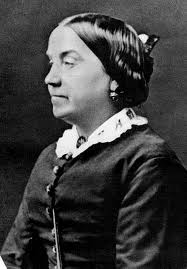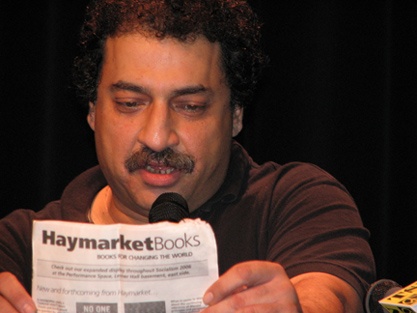Lindsey German responds to Abbie Bakan and Sharon Smith on ‘Marxist Anti-Feminism’

Lindsey German.
By Lindsey German
Greece: Syriza leader Alexis Tsipras' call for a united left party (+ intro speech)

Alexis Tsipras addresses the congress.
Green Party USA: Economic/ecological crises of the 21st century -- A deep green alternative

Document of the Greens/Green Party USA, submitted to Links International Journal of Socialist Renewal by Don Fitz, natio
Greece: Syriza congress unites its forces for a left government

Syriza congress delegates vote.
By Pedro Filipe Soares (Left Bloc, Portugal), translated by Dick Nichols
Russia: Moscow workers confront bosses over Metro safety

By activists of the Zashchita union, Moscow, translated by Renfrey Clarke
'Não nos representam!' A left beyond the Workers Party?

Activists discuss plan for free transit at the occupied municipal chambers.
Brazil: The mass protests in June-July 2013

July 11: National Day of Struggle.
Has the Egyptian revolution been aborted? Interview with Hossam El-Hamalawy
For more on Egypt, click HERE.
By Bassam Haddad



